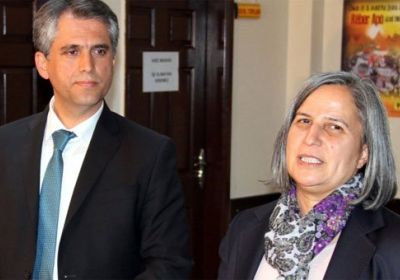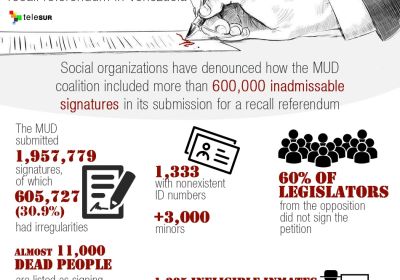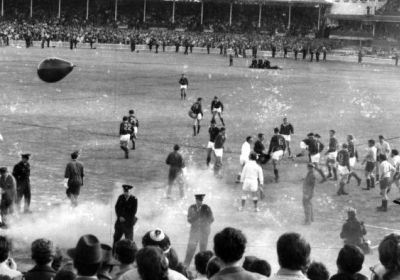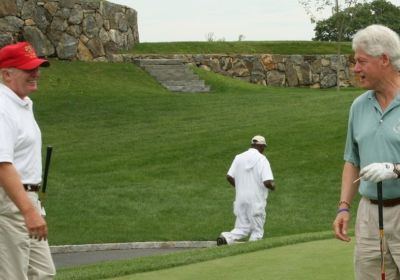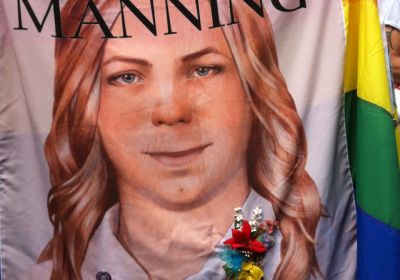-
-
-
-
-
-
-
-

I love this book. It is a showcase of four decades of Melbourne community radio station 3CR — one of Australia’s oldest and most progressive broadcasters, intertwined with the local and national landscape of political struggle from the mid 1970s until today.
-
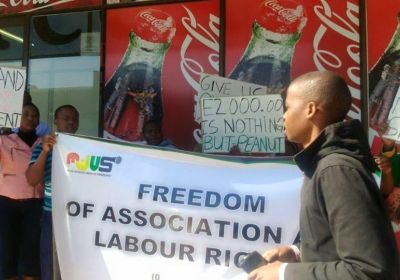 Members of the Media Workers Union of Swaziland (MWUS) protested low wages, management intimidation and poor working conditions at the Swazi Observer. Negotiations between the paper, in effect owned and controlled by absolute monarch King Mswati III, and MWUS had started in April. But no real progress has been made since they became deadlocked in June.
Members of the Media Workers Union of Swaziland (MWUS) protested low wages, management intimidation and poor working conditions at the Swazi Observer. Negotiations between the paper, in effect owned and controlled by absolute monarch King Mswati III, and MWUS had started in April. But no real progress has been made since they became deadlocked in June. -
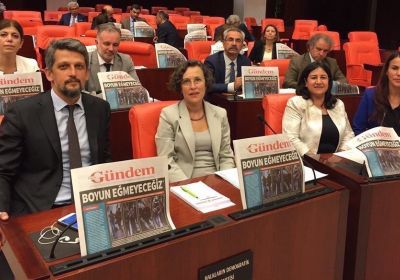
This statement was released on behalf of the Peoples Democratic Party (HDP) on August 17.
-
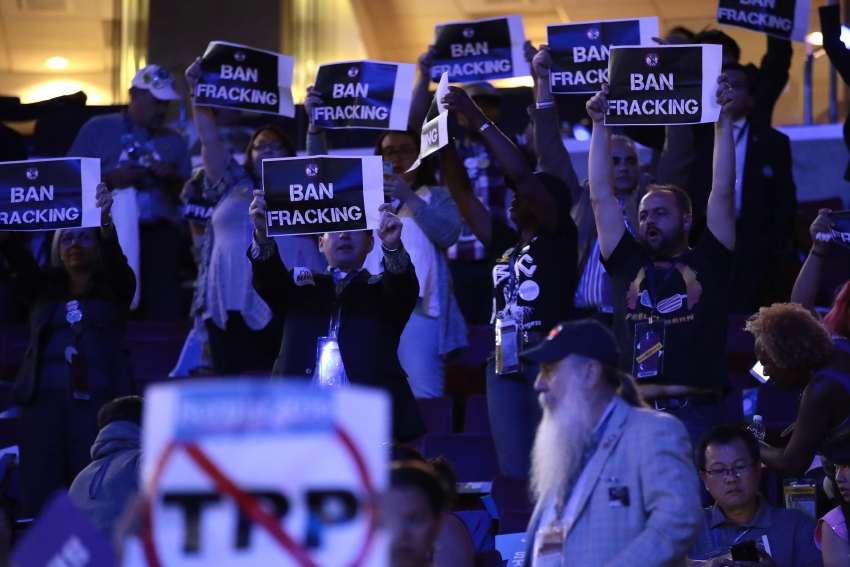 At the Democratic National Convention in Philadelphia this week, it seems a sticker is all it takes to keep you out of a room—at least the rooms brought to you by the fossil fuel industry.
At the Democratic National Convention in Philadelphia this week, it seems a sticker is all it takes to keep you out of a room—at least the rooms brought to you by the fossil fuel industry.
-
 Turkey is shutting down more than 100 media outlets and is purging more than 1000 military personnel, it was announced on July 27 as President Recep Tayyip Erdoğan's government continues to tighten its grip on power after a failed military coup on July 15. In all, 131 media outlets have been shut down, including television stations, newspapers and magazines. The government has begun detaining journalists, with 90 reporters ordered to be round up.
Turkey is shutting down more than 100 media outlets and is purging more than 1000 military personnel, it was announced on July 27 as President Recep Tayyip Erdoğan's government continues to tighten its grip on power after a failed military coup on July 15. In all, 131 media outlets have been shut down, including television stations, newspapers and magazines. The government has begun detaining journalists, with 90 reporters ordered to be round up.
Media
Media
